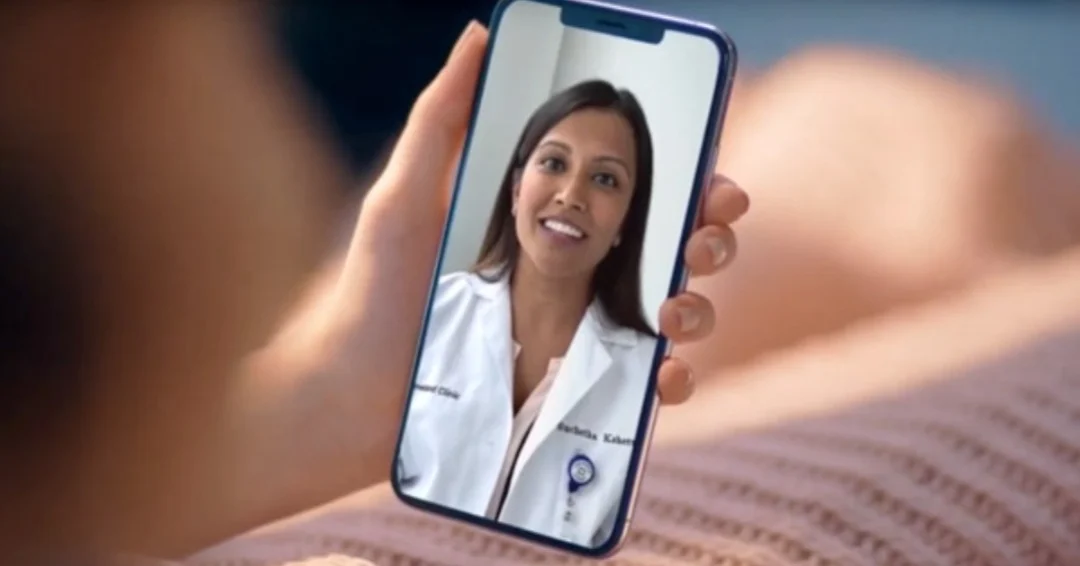Microlearning for Adult Learners in Healthcare: The Advantages and Benefits
Microlearning is a modern teaching approach that delivers bite-sized learning experiences in the form of short videos, animations, infographics, or interactive modules. In recent years, this innovative approach has gained popularity in the healthcare industry, as it is well-suited for adult learners who have busy schedules and limited time for learning.
Advantages of Microlearning for Adult Learners in Healthcare
- Accessible Anytime, Anywhere, and from Any Device
One of the main advantages of microlearning is its accessibility. With the help of technology, learners can access microlearning materials anytime, anywhere, and from any device, including laptops, smartphones, and tablets. This is particularly important for medical field workers such as doctors, nurses, and other healthcare professionals who are always on the go. They can easily access the information they need at the point of care, without having to spend hours searching for it or attending lengthy training sessions.
- Effective Use of Learners’ Time
Another advantage of microlearning is its effective use of learners’ time. Microlearning materials are usually short, usually lasting between two and five minutes, which means that learners can complete a learning experience in just a few minutes. This is particularly useful for busy healthcare professionals who may have limited time for learning, but still need to keep up-to-date with the latest developments in their field.
- Better Retention of Information
Research has shown that learners are more likely to retain information when it is presented in small chunks, as opposed to lengthy training sessions. Microlearning takes this into account, delivering information in bite-sized pieces that are easy for learners to digest and remember. This makes it ideal for adult learners in the healthcare field, who need to be able to recall important information quickly and accurately in order to provide effective patient care.
- Increased Engagement
Microlearning is designed to be engaging and interactive, with a focus on making learning fun and enjoyable. This increased engagement can help to motivate learners, who are more likely to participate in learning activities when they are enjoyable and interactive. This can result in improved learning outcomes and better retention of information.
Studies Supporting the Effectiveness of Microlearning for Adult Learners in Healthcare
- A Study of Microlearning in Medical Education
A study conducted by the American Medical Association (AMA) looked at the use of microlearning in medical education. The study found that microlearning was effective in improving medical students’ knowledge and skills, particularly in areas such as anatomy and pharmacology. Furthermore, students who participated in the microlearning activities were more motivated and engaged in their learning, and reported higher levels of satisfaction with their educational experience.
- A Study of Microlearning in Nursing Education
A study conducted by the National League for Nursing (NLN) investigated the use of microlearning in nursing education. The study found that microlearning was effective in improving nurses’ knowledge and skills, particularly in areas such as patient care and medication administration. Furthermore, nurses who participated in the microlearning activities reported increased confidence in their ability to provide quality care, and were more motivated to continue learning and improving their skills.
Microlearning is a modern teaching approach that delivers bite-sized learning experiences in the form of short videos, animations, infographics, or interactive modules. It is well-suited for adult learners in the healthcare field, offering advantages such as accessibility anytime, anywhere, and from any device, effective use of learners’ time, better retention of information, and increased engagement. With its growing popularity, microlearning is likely to play an increasingly important role in the future of medical education.

